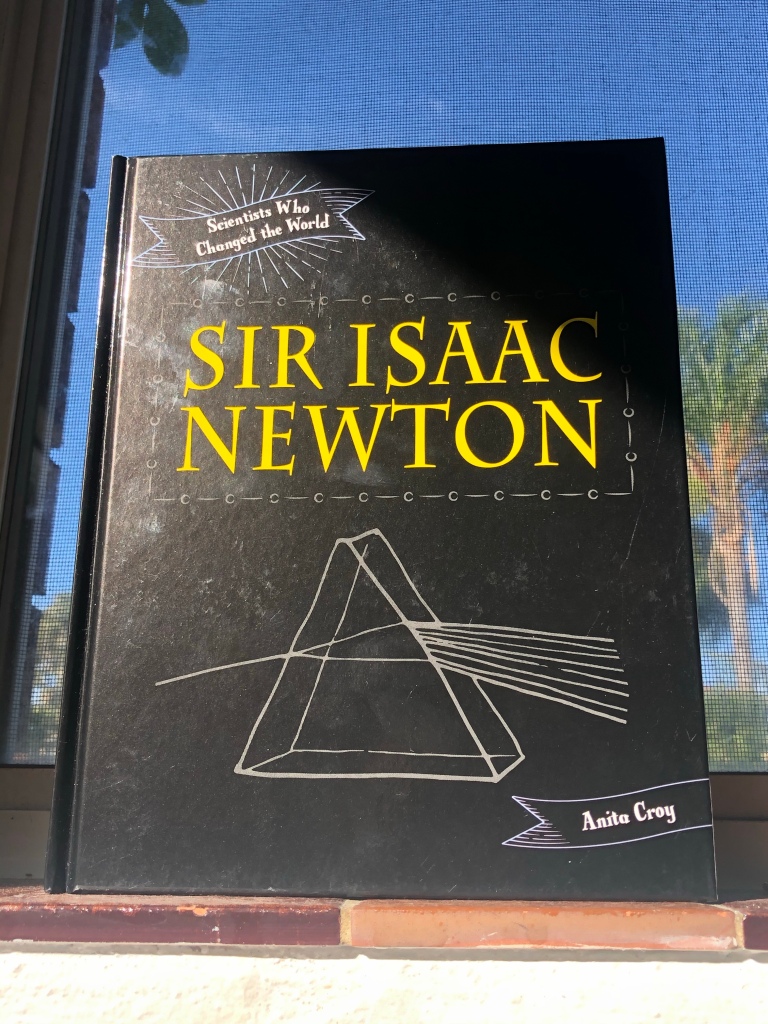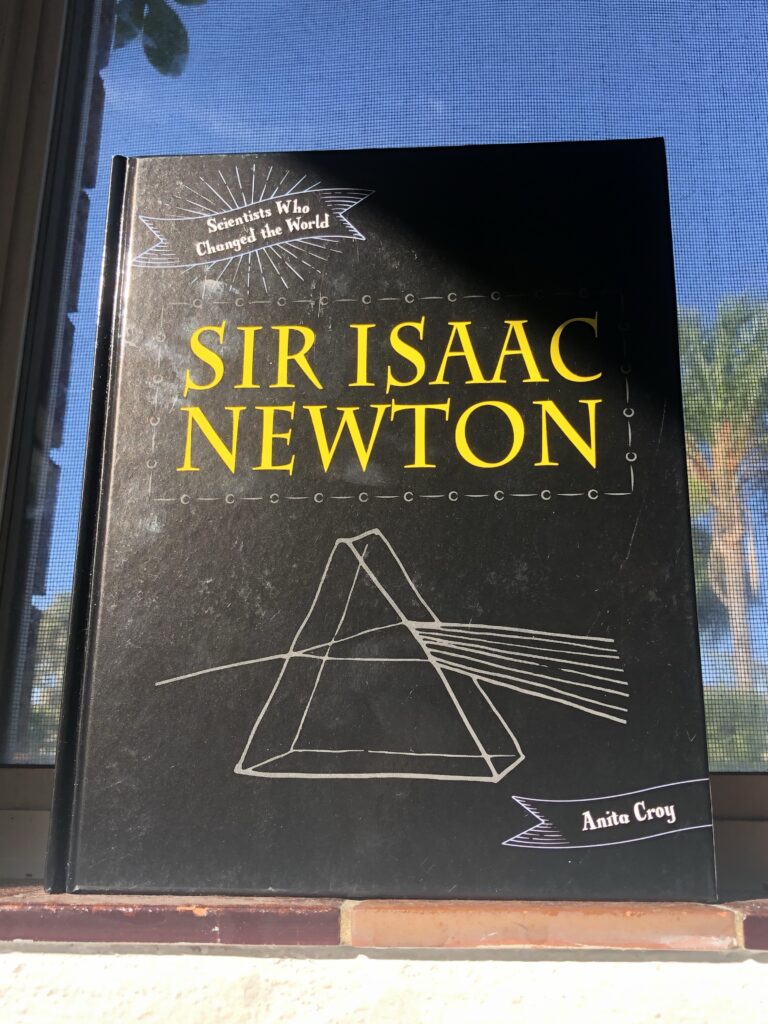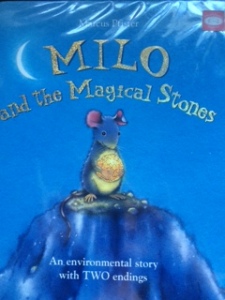Newton said that his major contribution to improving our knowledge of the world was his ability to be patient and think things through slowly and thoroughly.

Sir Isaac Newton, I’m sure you have heard the name, but do you realise what he did for the scientific world? Not only did he discover gravity, he wrote three laws of motion that form the basis of modern physics but also figured out a new type of math called calculus.
But beyond this, through the next book in the series: Scientists who changed the world (See my other reviews on Charles Darwin and Rachel Carson) children can learn about the importance of challenging their own thinking and also the importance of hypothesising.
Newton was also a great philosopher which helped him to really think about why things occurred and the reasons behind different ways of thinking. This lead him to also discover what white light is, where rainbows come from and how to create a reflecting telescope.
Children will learn a lot from this book as it is well set out with information not only on Sir Isaac Newton but also other scientists who he was influenced by and scientists who were then influenced by him.
The last few pages contain a glossary as well as some books and websites to use if children are intrigued by this scientists life!
All three books in this series are a great read not only to learn about science and people but to also wonder about the importance of people who have changed the world to make people think in a different way.


